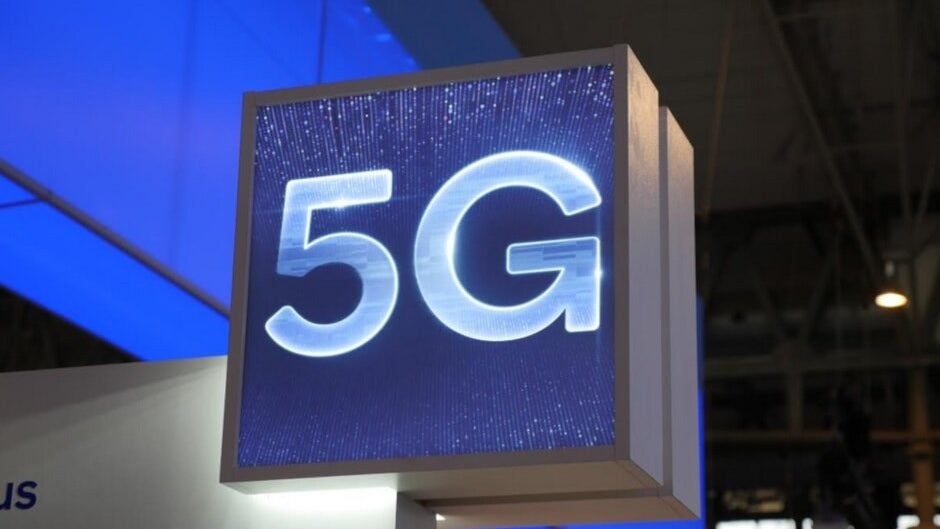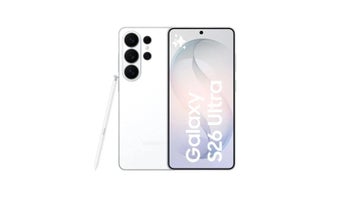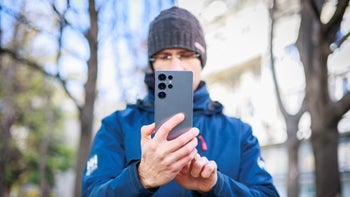5G networks to have a devastating effect on 3-day weather forecasts

5G networks will bring faster download speeds and a bunch of opportunities to connect all sorts of devices in ways never possible before, but it might also break one critical part of weather reporting.
The problem arises from the very frequencies used for 5G technology that happen to coincide with the frequency at which water vapor molecules vibrate in the atmosphere. Right now, satellites monitor these tiny vibrations and report the information to weather agencies that use this critical piece of data to give you more accurate 3-day weather forecasts.
These specific water vapor molecule vibrations happen at a frequency of around 23.8 gigahertz, dangerously close to the 24 gigahertz frequencies employed by some 5G networks. With random 5G signals appearing in these frequencies, they will effectively act as noise that will prevent satellites from properly reading the weather data and might bring us back to a state of weather forecasting we used to have as far back as the 80's, according to the National Oceanic and Atmospheric Administration (NOAA). The warnings are backed by various weather experts, who also say that predictions of floods, storms and hurricanes also use this information and will become less reliable.
On the other side of the fence, we have FCC chairman Ajit Pai who said in a letter in April that NASA and the NOAA, which pleaded the auction for those bands be delayed, were making “exaggerated and unverified last-minute assertions.”
Is there a solution in sight? Right now, it seems that 5G interference in those wavelengths will be random and will be quite hard, if not impossible to filter out.
“We are significantly concerned about interference with weather forecasts or warnings,” AccuWeather forecasting manager Dan DePodwin said. 5G interference could disrupt “snow, storms, hurricanes, tornadoes, all kinds of severe weather warnings.”
The effect is not likely to be immediate, but will worsen significantly once 5G networks grow denser in the not so distant future. Keep in mind, that this will affect regions where 24GHz networks are rolled out, while sub-6GHz networks that will blanket most of the nation are not likely to cause such an interference.
Follow us on Google News













Things that are NOT allowed:
To help keep our community safe and free from spam, we apply temporary limits to newly created accounts: